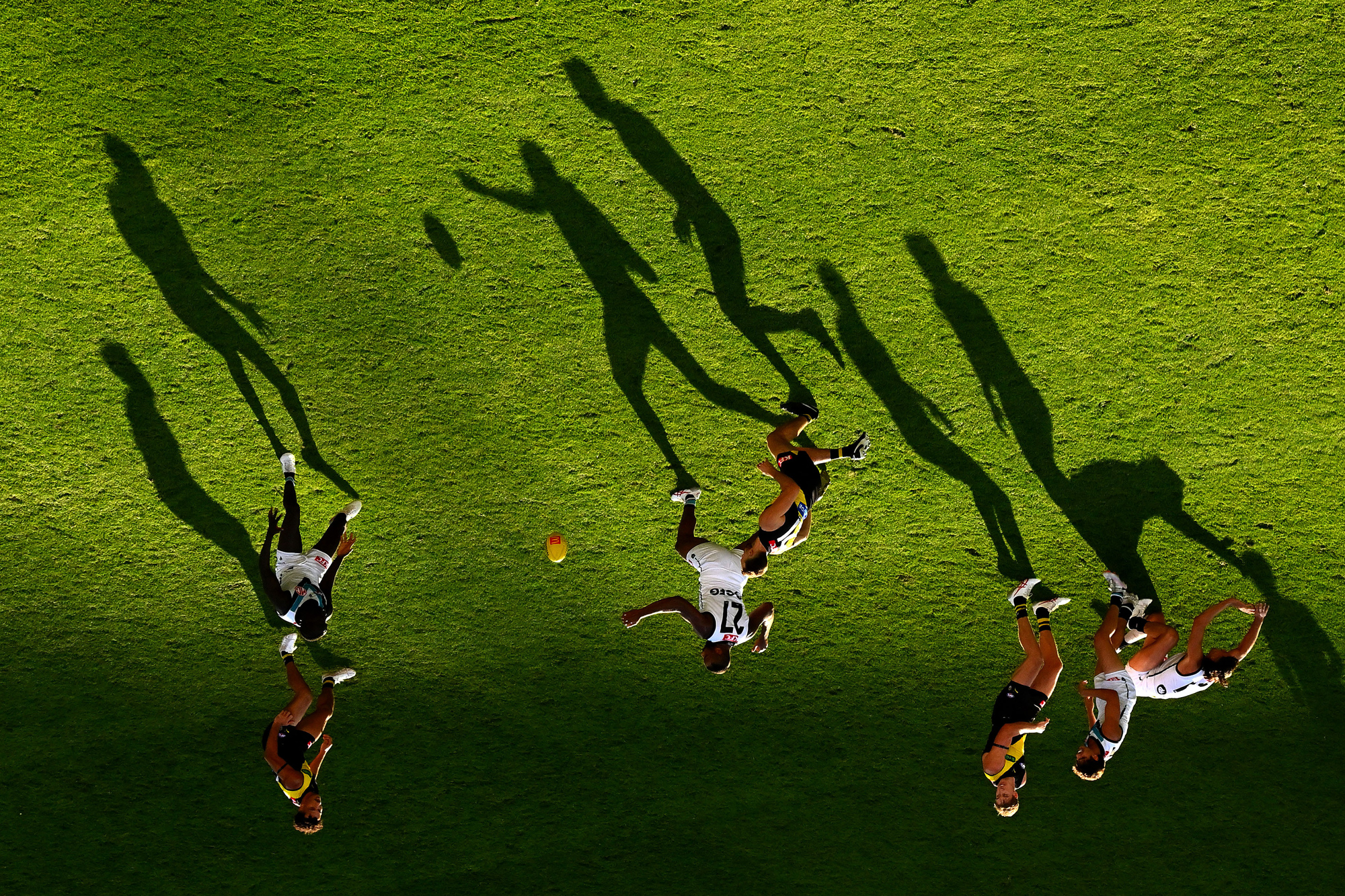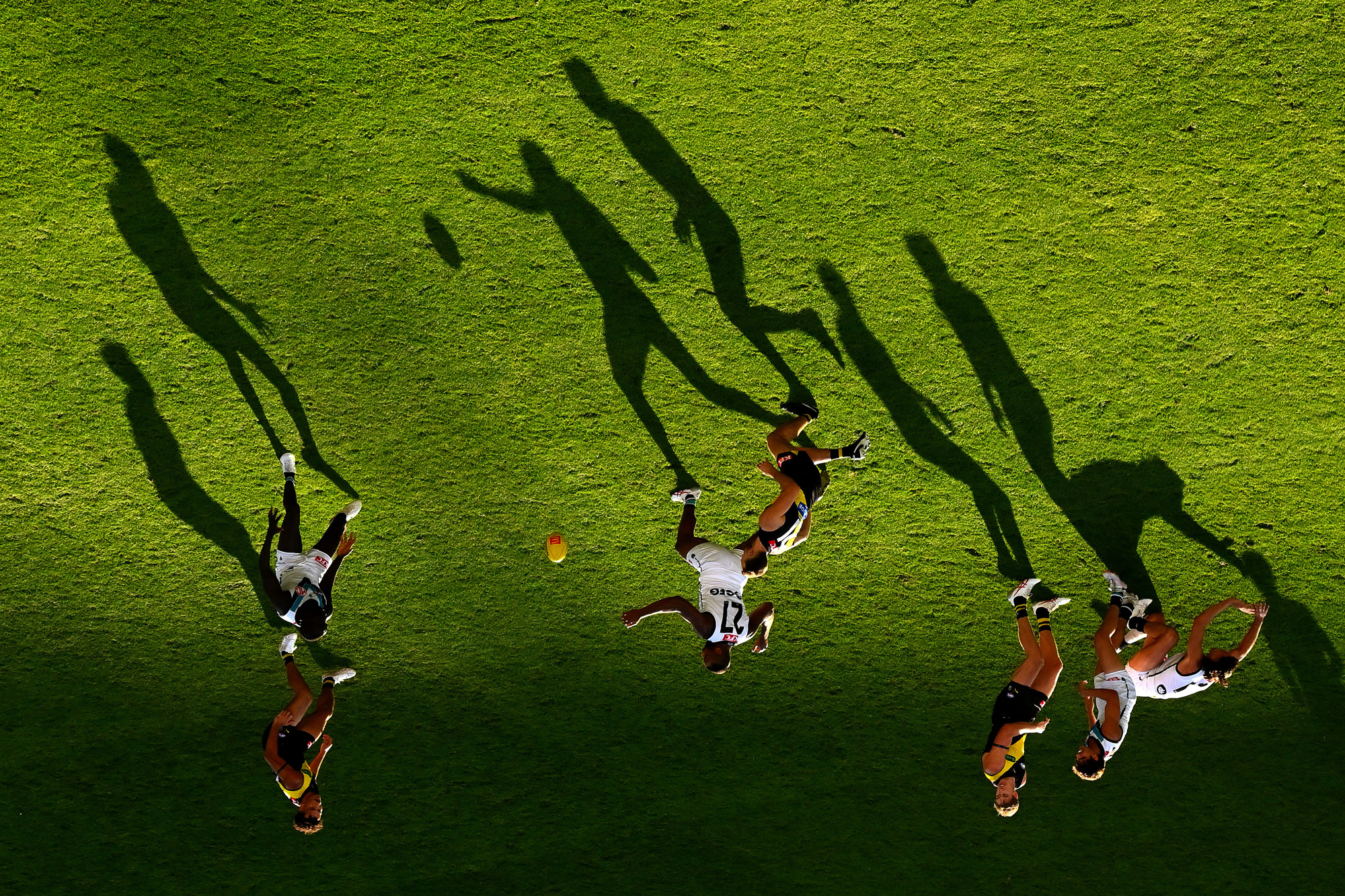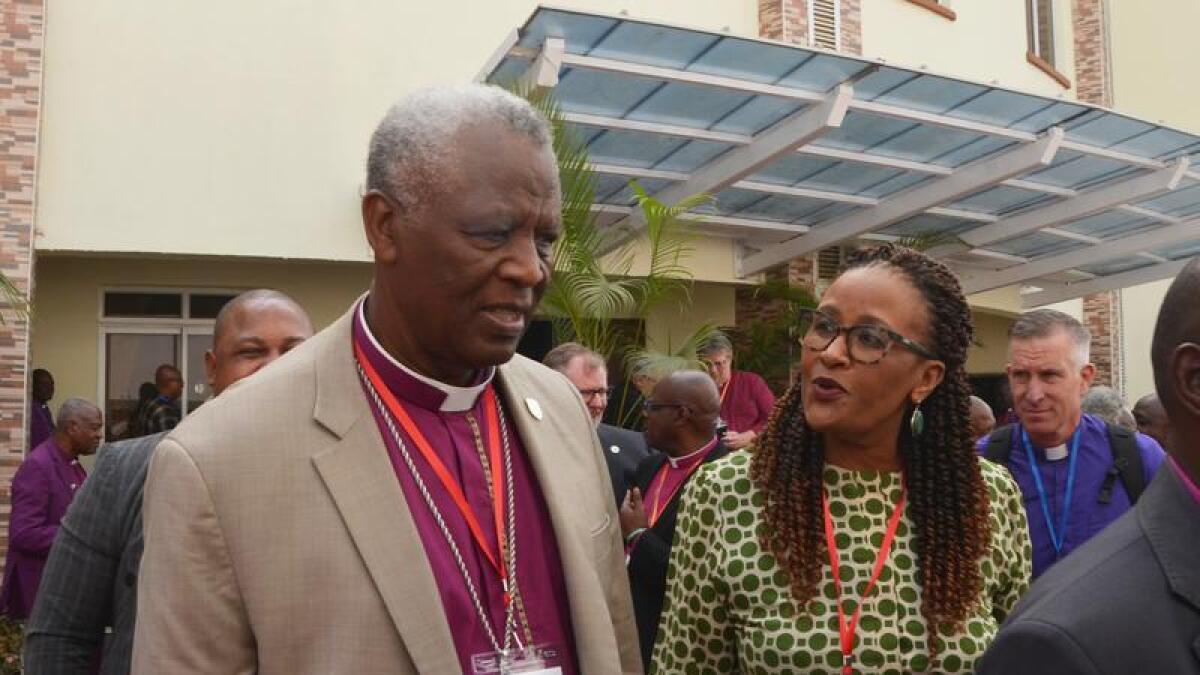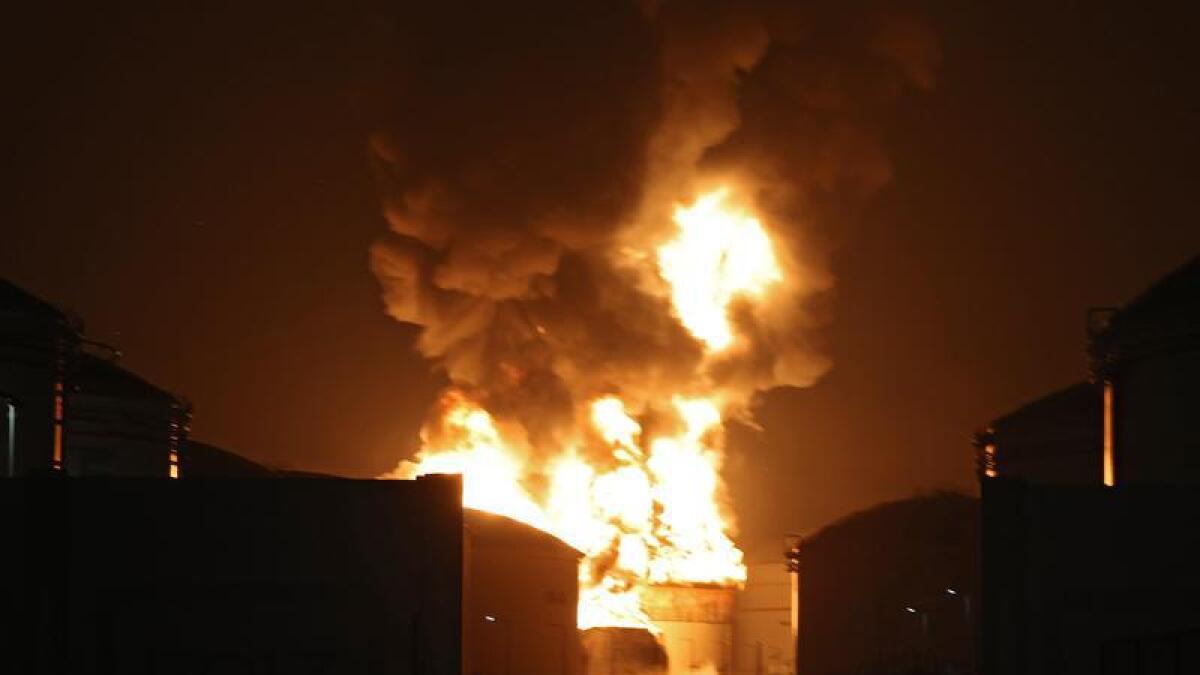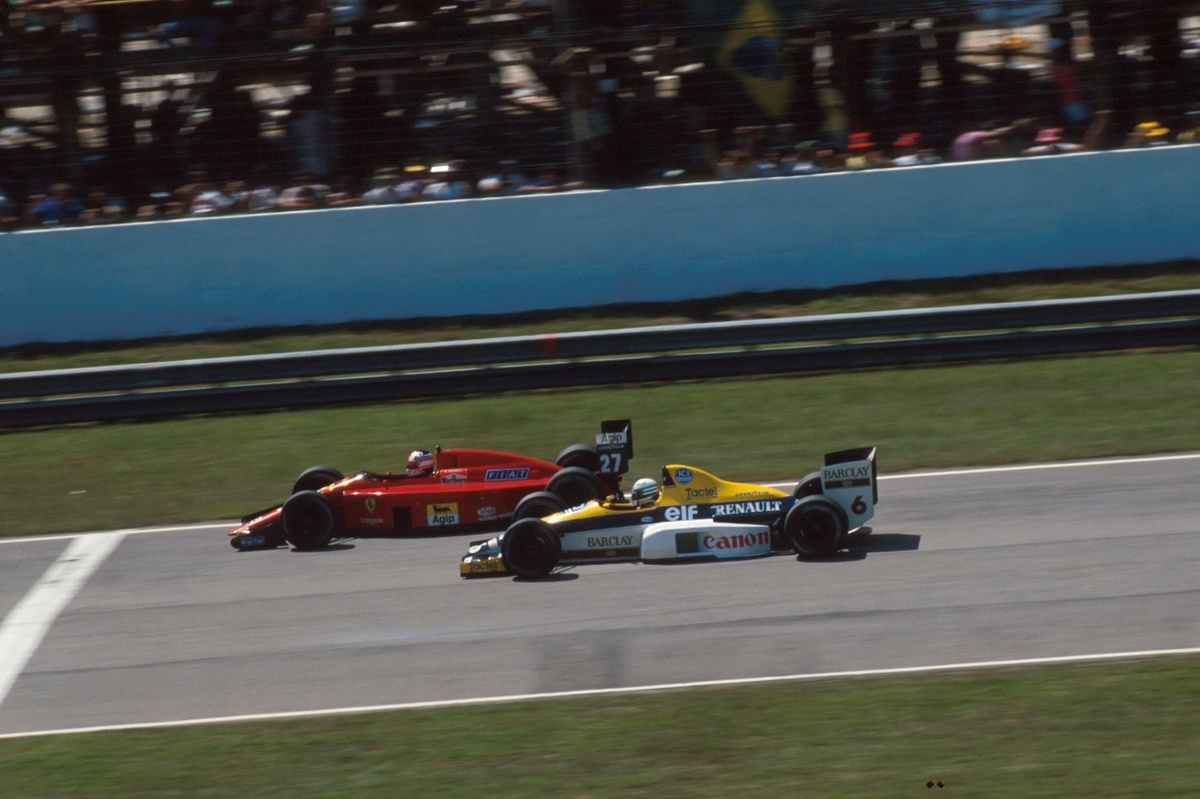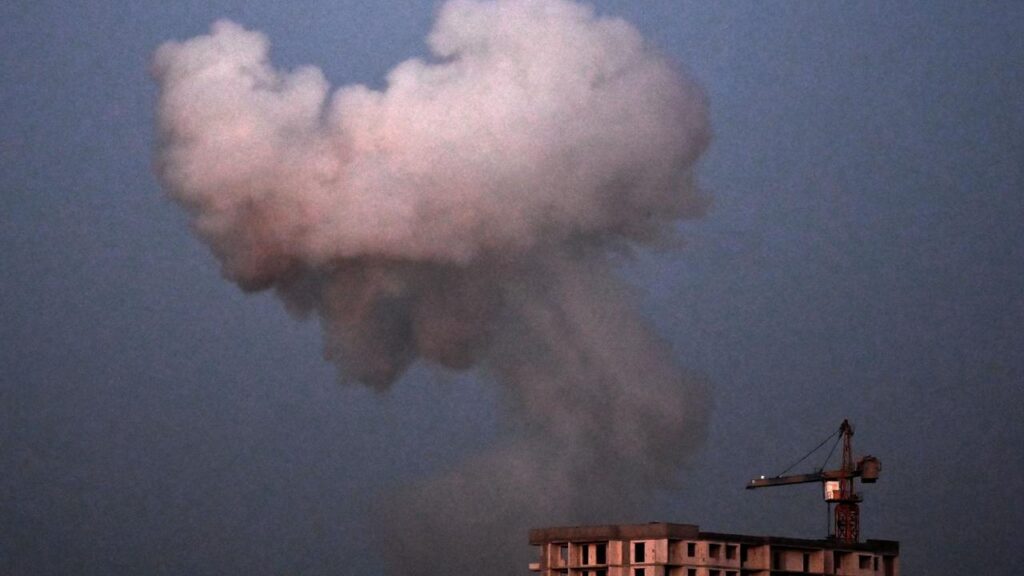
Russia has executed a large-scale assault on Ukraine, unleashing a combination of ballistic missiles and drones that has resulted in the deaths of at least 21 individuals, including three children. This overnight attack on March 14, 2024, marks one of the deadliest since the start of the conflict and appears to undermine ongoing diplomatic efforts for peace between Russia and Ukraine.
According to the Ukrainian air force, the offensive involved the launch of 598 drones and 31 missiles, targeting key urban areas including the capital, Kyiv. The assault has been described as the second largest aerial attack since Russia began its full-scale invasion three years ago, following a summit between U.S. President Donald Trump and Russian President Vladimir Putin earlier this month in Alaska.
Destruction and Human Impact
The strikes devastated residential areas, causing significant damage to apartment buildings and institutions, including the offices of the European Union and the British Council. Eyewitness accounts highlight the chaos that ensued. One resident, identified as Andriy, recounted his near escape from the destruction: “If I had gone to the shelter a minute later, I would not be here now, I would have been buried.”
Emergency services have been deployed to sift through the debris, with officials indicating that several individuals remain trapped under the rubble. The Ukrainian government has confirmed that more than 20 people sustained injuries during the attack, prompting widespread condemnation of Russia’s actions.
Ukrainian President Volodymyr Zelensky characterized the assault as “a horrific and deliberate killing of civilians.” He urged for additional sanctions against Russia, emphasizing that all diplomatic avenues have been exhausted. “Russia must feel accountable for every strike, for every day of this war,” he stated in a social media post.
International Reactions
In response to the attack, German Chancellor Friedrich Merz declared it “obvious” that a proposed meeting between President Zelensky and President Putin is highly unlikely. Speaking alongside French President Emmanuel Macron, Merz pointed to the attack as a revelation of Russia’s true intentions, further complicating the prospects for peace.
The Kremlin has defended its actions, asserting that the military strikes were aimed at military facilities, with spokesman Dmitry Peskov reiterating that Russia remains open to negotiations. “The Russian armed forces are fulfilling their tasks,” he stated, adding that military operations would continue as long as necessary.
The attack has drawn sharp criticism from Western leaders. British Prime Minister Keir Starmer accused Putin of “sabotaging hopes of peace,” while Macron condemned the violence as an act of terror. U.S. officials also expressed concern, with White House Press Secretary Karoline Leavitt stating that President Trump was unhappy about the attacks but not surprised, given the ongoing nature of the conflict.
In the aftermath of the assault, Trump’s special envoy for Ukraine, Keith Kellogg, took to social media to express his dismay, asserting that the strikes jeopardized peace efforts. He highlighted the civilian toll, noting, “These egregious attacks threaten the peace that @POTUS is pursuing.”
As the situation continues to unfold, Ukraine has indicated that it will not engage in peace talks without security guarantees, including the potential for Western military presence in the country. Conversely, Russia has firmly opposed any Western troop deployments, further entrenching the stalemate.
In a notable development, Ukraine has reportedly targeted two large refineries within Russia in retaliation, framing these strikes as justifiable responses to ongoing aggression. The cycle of violence appears poised to continue, with both sides standing firm in their respective positions.


